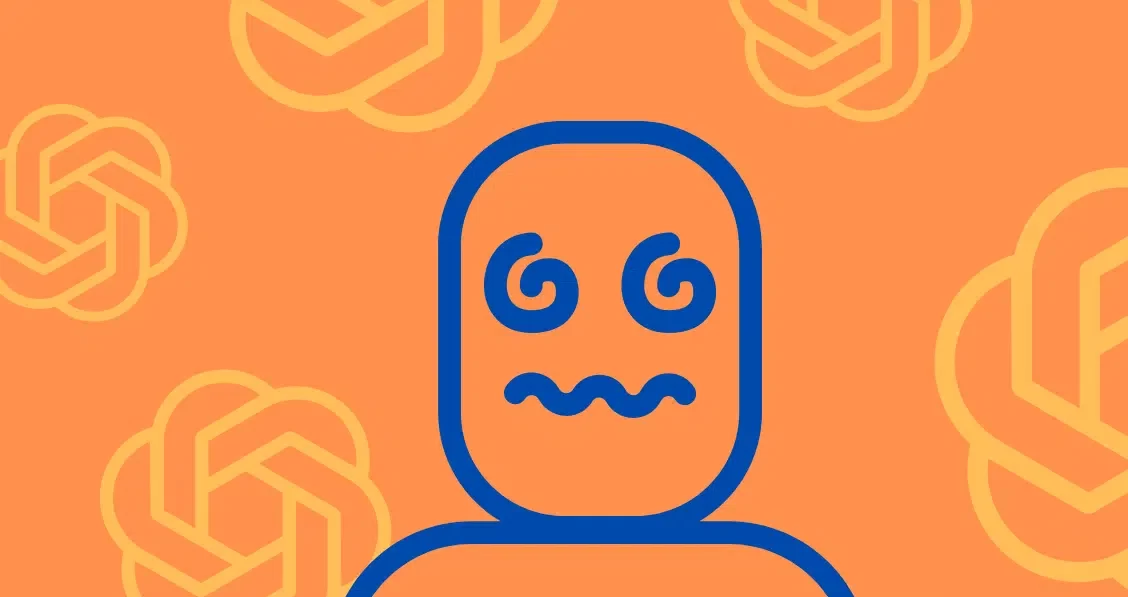Responsible AI Development:
The findings of the Stanford study underscore the importance of responsible AI development. Implementing rigorous testing and validation processes, as well as considering the societal impact of AI systems, are essential steps in ensuring the safe and reliable deployment of AI technologies.
OpenAI’s Response:
In response to the Stanford study, OpenAI has acknowledged the concerns raised and has initiated an investigation into ChatGPT’s performance. The company is committed to addressing any issues identified and enhancing the model’s capabilities.
Collaboration and Transparency:
AI research and development benefit from collaboration and transparency among industry players, academia, and policymakers. Sharing insights and best practices can help advance the field while mitigating potential risks and challenges.
The Future of AI:
The issue of AI decay highlights the evolving nature of AI research and the need for ongoing monitoring and improvement. As AI technologies continue to progress, understanding their strengths and limitations will be crucial in shaping the future of AI applications.
Implications for AI Applications:
The findings of the Stanford study may have broader implications for AI applications in various domains. It is essential for stakeholders to be aware of potential limitations in AI systems and to employ them responsibly in real-world scenarios.
AI’s Role in Society:
AI technologies, including language models like ChatGPT, play an increasingly prominent role in modern society. As AI becomes more integrated into daily life, understanding its behavior and ensuring its reliability become critical considerations.
The Need for Ethical AI Frameworks:
The Stanford study underscores the need for robust ethical AI frameworks that prioritize fairness, transparency, and accountability. Establishing guidelines for AI development and deployment is crucial in building trust and public confidence in AI technologies.
Conclusion:
The Stanford University study’s findings on ChatGPT’s declining intelligence have sparked a significant discussion within the AI research community. The issue of AI decay raises important questions about the challenges and limitations of AI models, the impact of large-scale training data, and the need for continuous improvement and responsible AI development. As AI technologies continue to advance, researchers, developers, and policymakers must work collaboratively to address the complexities and ethical considerations associated with these powerful systems. Ensuring the reliability and intelligence of AI models is a collective responsibility to harness the potential of AI for the benefit of society.



